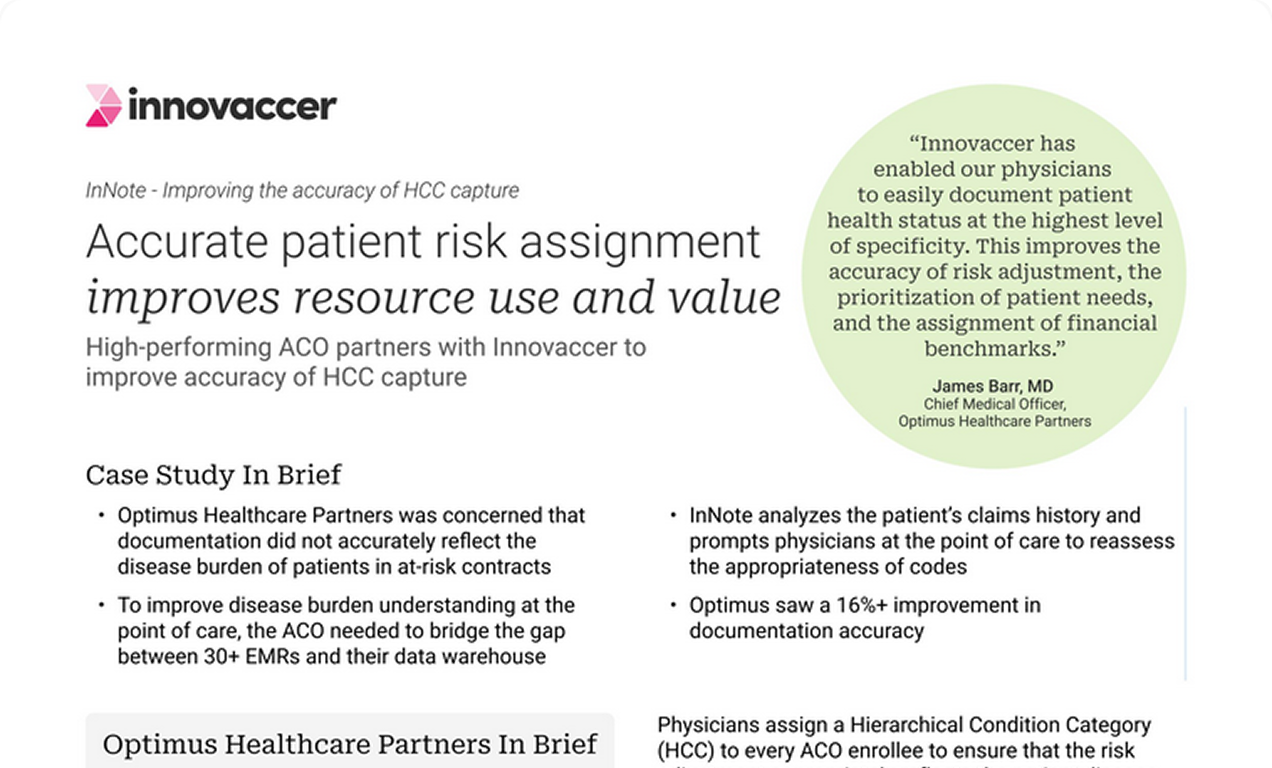How Public Health Agencies are Fighting the Pandemic

Globally, the number of people known to have contracted COVID-19 infections is rapidly approaching 2 million, and nearly one-third of the affected individuals are from the U.S. The situation is beyond grim, and regulatory bodies in the U.S. are acting quickly to contain the damage resulting from the spread of this novel virus.
Beginning with the entry restriction, federal agencies and healthcare regulatory bodies have implemented several measures to protect the health and interests of healthcare workers, manufacturers, distributors, program planners, and the overall population.
Providing waivers and flexibility to healthcare providers
The Centers for Medicare and Medicaid (CMS) has issued new guidelines that will allow healthcare providers to address an increase in patient demand on the system by using remote triage. The care of low-risk individuals showing mild to moderate symptoms can now be transferred to designated inpatient rehabilitation hospitals, ambulatory surgery centers, and specially outfitted hotels and dormitories. This will ensure that hospital staff can reserve its attention and resources for those patients who are in critical condition, while the appropriate infection control protocols are maintained and personal protective equipment is conserved.
To overcome the shortage of healthcare workers against the rising number of patients, CMS has waived certain requirements to loop in local physicians and providers. Under the new rule, physicians will receive amenities to provide telehealth services as well as some other benefits such as meals and childcare services.
CMS has also implemented a temporary reduction of the relentless administrative burden on healthcare providers. Frontline workers are already laboring beyond their designated hours and dealing with an extraordinary amount of stress. This is an initiative that intends to reduce the pressures exerted on them from organizational and regulatory requirements.
Dealing with the depletion of medical supplies
Ventilators, which are essential for treating critically ill COVID-19 patients, are running low in supply. It is speculated that the U.S. will soon deplete its stock completely. The cost associated with adding new ventilators to the exhausted stores can increase the cost up to $12,000 each.
Respironics Inc, a private company that manufactures ventilators, has come forward with a promise to double its production and deliver 2,000 ventilators per week by the end of May. However, due to the unabated intensity of the crisis, the Trump administration has pledged that 100,000 new ventilators will be manufactured within 100 days. Under the Defense Production Act, the administration ordered Respironics to amp up its production to meet the current demand.
The Food and Drug Administration (FDA) has also stepped forward with a new guideline to deal with the ventilator crisis. The FDA has granted permission for hospitals to utilize nonstandard emergency ventilators, the ones used in ambulances and anesthesia gas machines. As a last resort, the FDA has also allowed the use of adapted nightstand CPAP machines, typically used for patients with sleep apnea.
Another challenge that healthcare authorities are facing is the shortage of masks, gowns, and other basic medical supplies. There has been a major setback in production since China was the most dominant producer. Given China’s present condition, they need supplies for domestic use. Only recently has China resumed exports. However, the scale of its exports at this point is not sufficient to manage the enormity of the crisis in the U.S. To manage the shortage of protective gear, the CDC has advised healthcare workers that they may use homemade masks and bandanas. Hospitals have also issued pleas to gather volunteers who can sew masks.
Protective measures for manufacturers, distributors, and program planners
The U.S. Department of Health and Human Services (HHS) signed a declaration on March 17 that companies would receive protection from liabilities arising from security and medical countermeasures against COVID-19 under the 2005 Public Readiness and Emergency Preparedness (PREP) Act. Manufacturers, distributors and program planners would receive protection under the Act. Losses incurred due to medical and security countermeasures will be covered (unless proven to be due to willful misconduct). The countermeasure will include drugs and devices used to diagnose, treat, cure, and mitigate this life-threatening disease. The products necessary to protect the public from critical illness, as determined by the HHS secretary, would also be included in the security countermeasures.
Preventive steps to stop this pandemic from turning into a financial crisis
It’s being speculated that the pandemic will spiral into a grave economic downturn, worse than the 2007-2008 global recession. In order to reduce the pecuniary consequences of this crisis, the Federal Reserve will push $1.5 trillion into the financial system. The Trump administration has also promised some relief to student loan borrowers as interest on their loans will be waived as long as the coronavirus emergency persists. The administration has also passed a $100 billion relief plan to increase paid leave for workers and has expanded the scope of unemployment insurance and COVID-19 testing.
The road ahead
The federal government is putting as many measures as possible in place to reduce the repercussions of this public health and economic crisis. However, the effects of COVID-19 are unlike anything we have ever faced in modern times.
There’s already immense pressure on existing healthcare resources and increased numbers of new infections would mean additional pressure. To overcome this situation, everyone needs to adhere to the advice given by our regulatory bodies and practice social distancing to prevent the spread of this disease.
To know how your organization can battle against COVID-19 as one, check Covid-19 Management System.
For more updates, subscribe.


.png)






.avif)









.svg)
.svg)

.svg)

